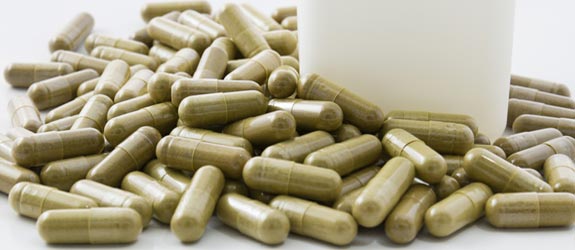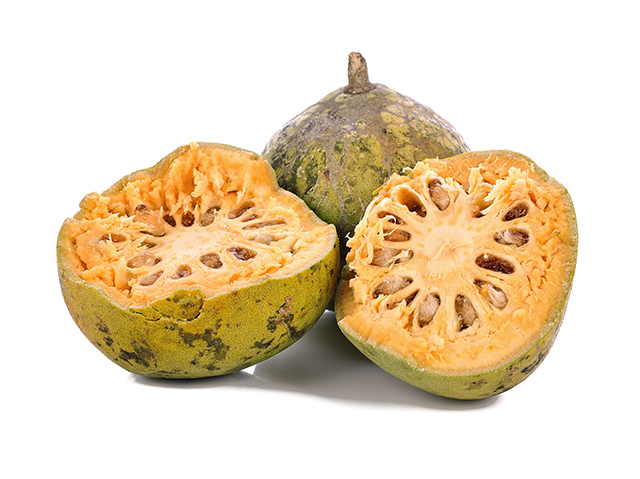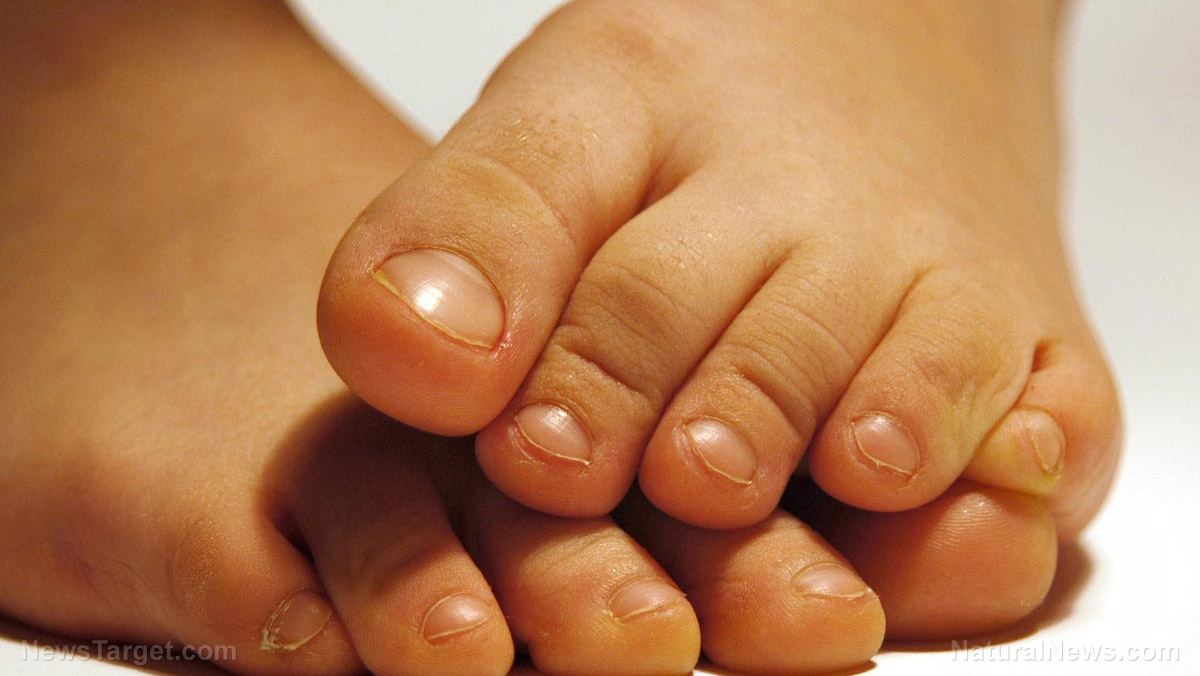Nighttime light exposure during sleep affects metabolic function
09/10/2018 / By Edsel Cook

You may want to think twice about leaving the nightlight on during the night. American sleep researchers recently conducted an experiment regarding the possible effect of light exposure on sleeping people, an article on Science Daily stated.
In the preliminary results of that study, researcher Dr. Ivy Cheung Mason reported that the metabolism of sleepers are negatively affected if they are exposed to light for the whole night. Dr. Mason is the lead writer of the report, which was supported by NU’s Feinberg School of Medicine.
“Our preliminary findings show that a single night of light exposure during sleep acutely impacts measures of insulin resistance,” said Dr. Mason. “Light exposure overnight during sleep has been shown to disrupt sleep, but these data indicate that it may also have the potential to influence metabolism.” (Related: Pull an all-nighter, zone out the next day: Lack of sleep found to impair working memory in women.)
Does sleeping under a light affect your health?
Dr. Mason and her Northwestern University (NU) colleagues enlisted 20 healthy male and female adults ranging from 18 to 40 years of age. Before the experiment, the researchers determined the habitual bedtime of these participants by monitoring their rest/activity cycles for one week using an non-invasive actigraph instrument.
During the trial itself, the participants were randomly divided between a Dark-Dark (DD) group and a Dark-Light (DL) group. Each participant were provided with eight hours of sleep opportunity based on their bedtime habits.
The members of the DD group slept for two nights straight in conditions with less than three lux of illuminance. Meanwhile, the DL group slept in similar dark conditions during the first night. On the second night, however, the DL group slept in rooms with overhead lighting rated at 100 lux. The lights were left on for the entire night.
During both nights, the NU researchers collected sleep data and blood samples every hour. The blood samples were analyzed for the levels of the hormone melatonin, which regulates sleep and wakefulness in humans.
The researchers also conducted oral glucose tolerance tests on the mornings that followed sleeping in the dark or in lighted conditions. The results of the two groups were compared for any changes during the first night of sleep and the second night of sleep.
Light exposure during sleep reduces insulin levels
After analyzing the participants’ homeostatic models, they reported that the DL group who slept in well-lit conditions had higher levels of insulin than the DD group participants who slept in the dark. This caused a greater insulin resistance for the DL participants.
Insulin resistance is the decreased ability of cells to respond to insulin action that removes glucose from the blood. High insulin resistance is a precursor to the onset of Type 2 diabetes.
Based on their findings, the NU researchers concluded that just a single night of sleeping under a bright light already has a significant effect on the insulin resistance of the sleeper.
“These results are important given the increasingly widespread use of artificial light exposure, particularly at night,” remarked Dr. Mason. “The effect we see is acute; more research is needed to determine if chronic overnight light exposure during sleep has long-term cumulative effects on metabolic function.”
Dr. Mason published the study’s research abstract in the medical journal Sleep. In June, she presented the abstract at the SLEEP 2018 event, the 32nd yearly conference of the Associated Professional Sleep Societies LLC (APSS). Conducted by the American Academy of Sleep Medicine and its U.K. equivalent, the Sleep Research Society, the conference covers myriad matters about preserving and improving sleep health.
Find more ways to improve your sleep at Health.news.
Sources include:
SleepMeeting.org [PDF]
Tagged Under: diabetes, insulin, insulin resistance, light exposure, mind body science, research, sleep, sleep conditions, sleep disorders, sleep habits, sleeping, Type 2 Diabetes


















